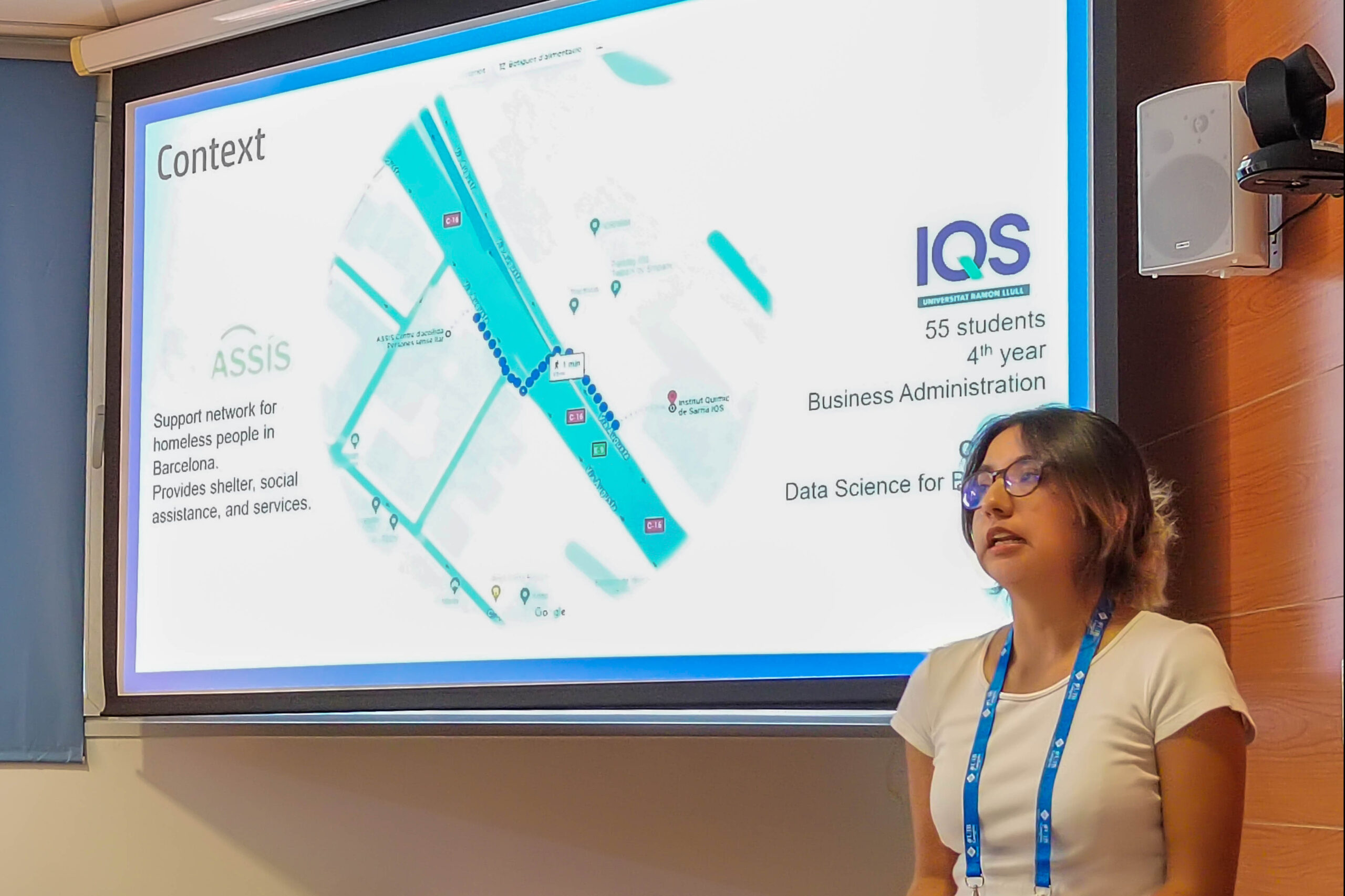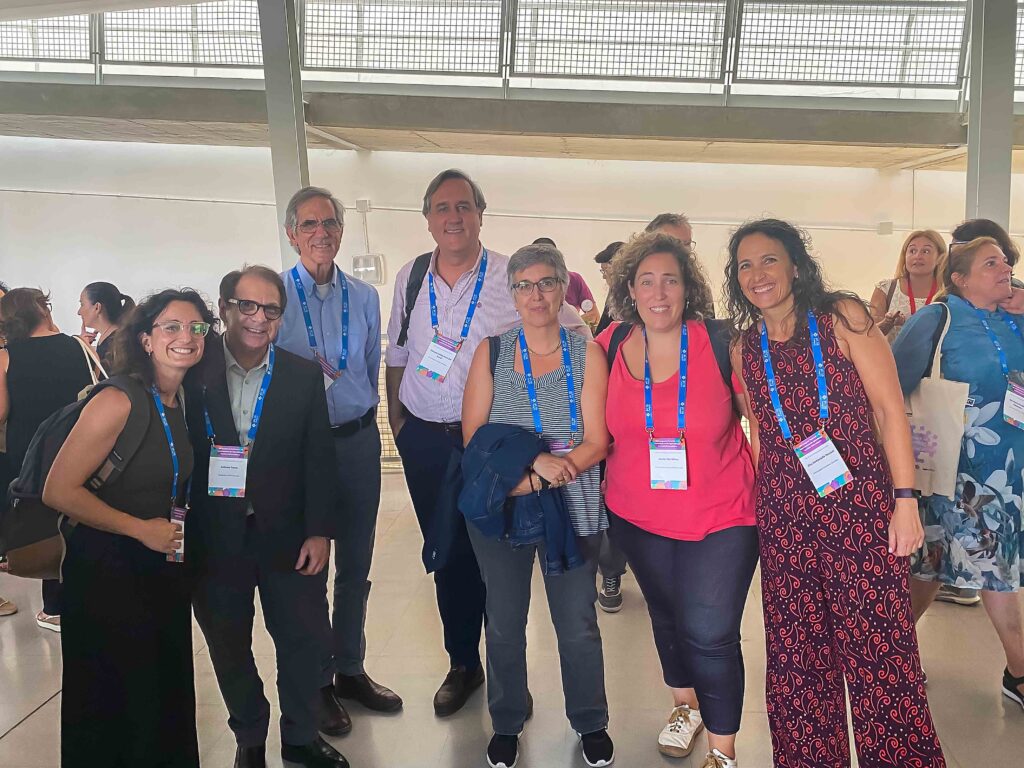The last week of September was marked by the celebration of International University Service-Learning Week, in which IQS participated. The pedagogical methodology known as Service-Learning combines teaching with social action, enabling students to offer real service to the community while critically reflecting on social justice issues.
IQS Participates in International University Service-Learning Week

To commemorate this week, two significant meetings were held in Palma (Mallorca) with the aim of raising awareness and promoting social impacts within the university environment.
European Conference: Transforming Europe through Higher Education
The 7th ECSLHE (European Conference on Service-Learning in Higher Education) was held on 24 and 25 September, with a focus on the theme “Transforming Europe through University Collaboration.” This meeting highlighted the great socio-political, economic, and environmental challenges facing Europe and underscored the fundamental role that higher education can take on with these issues.
Service-Learning was presented as an innovative and essential pedagogical approach not only for its ability to improve academic excellence, but also for its contribution to the creation of more just, democratic, and sustainable societies. Institutional alliances and research adapted to different European contexts are key to expanding this methodology. While the continent’s cultural and socio-economic diversity presents a challenge, it also offers opportunities to implement solutions that respect the values of civic engagement, equity, and social justice.
Between 25 and 27 September, the 12th National and 6th International Conference on University Service-Learning was held, with the theme “Sustainability, Quality, and Recognition.” This edition marked a turning point by becoming one of the most important conferences both nationally and internationally. The objective was to deepen the research, experiences, and analyses of the impact of Service-Learning on educational policies. At the same time, the conference sought to respond to recent changes in university legislation, such as the Spanish Organic Law on the University System (LOSU), which formally recognizes Service-Learning in Articles 18 and 33.
These changes are also reflected in Spanish Royal Decree 678/2023, which establishes new criteria for the evaluation of professors and recognizes the importance of Service-Learning in the academic careers of professors and researchers. Therefore, the conference represented a unique opportunity to consolidate this methodology in universities and adapt it to current demands.
IQS participation and the importance of networking
IQS played a prominent role in both events, presenting two Service-Learning projects. At the European conference, IQS presented “Bridging Academia over Poverty: a Data Science Service-Learning Initiative” (María Alejandra Beltrán Benagos, Francesc Martori, Juan Albacete-Maza, and Núria Agulló Chaler). At the national conference, IQS presented “Critical review of university service-learning experiences in science, engineering, and pharmacy” (María Alejandra Beltran Benagos, Jordi Cuadros Margarit, Oriol Quintana Rubio, and Núria Agulló Chaler).
These presentations were valuable in reinforcing both national and international connections by encouraging networking, which is essential in developing this pedagogical approach.
In addition, attendees had the opportunity to talk with leading figures in the field of Service-Learning, such as professors Andrew Furco and Robert Bringle, recognized worldwide for their contribution to this methodology.

A promising future for Service-Learning at IQS
The growth of Service-Learning at IQS is increasingly strong, and it is everyone’s responsibility to continue promoting this pedagogical approach in Spanish universities for it to deeply permeate our way of educating and teaching. Committing to Service-Learning represents one of the most effective ways to respond to and be in tune with the needs of society, maintaining consistency and creative faithfulness with the university mission of the Society of Jesus’ institutions. Not only does this methodology facilitate the organization of various educational initiatives, but it also articulates fundamental aspects of Ignatian pedagogy, such as:
- The essential role of experiences and reflection in truly meaningful and quality learning.
- The firm commitment to transformative actions, both as a result and as a method of teaching and learning.
- The orientation of our graduates towards service to others and their active involvement in the transformation and improvement of reality, seeking to build a reconciled society.
These ideas guide our educational work and make Service-Learning an indispensable commitment for the future of university education.









